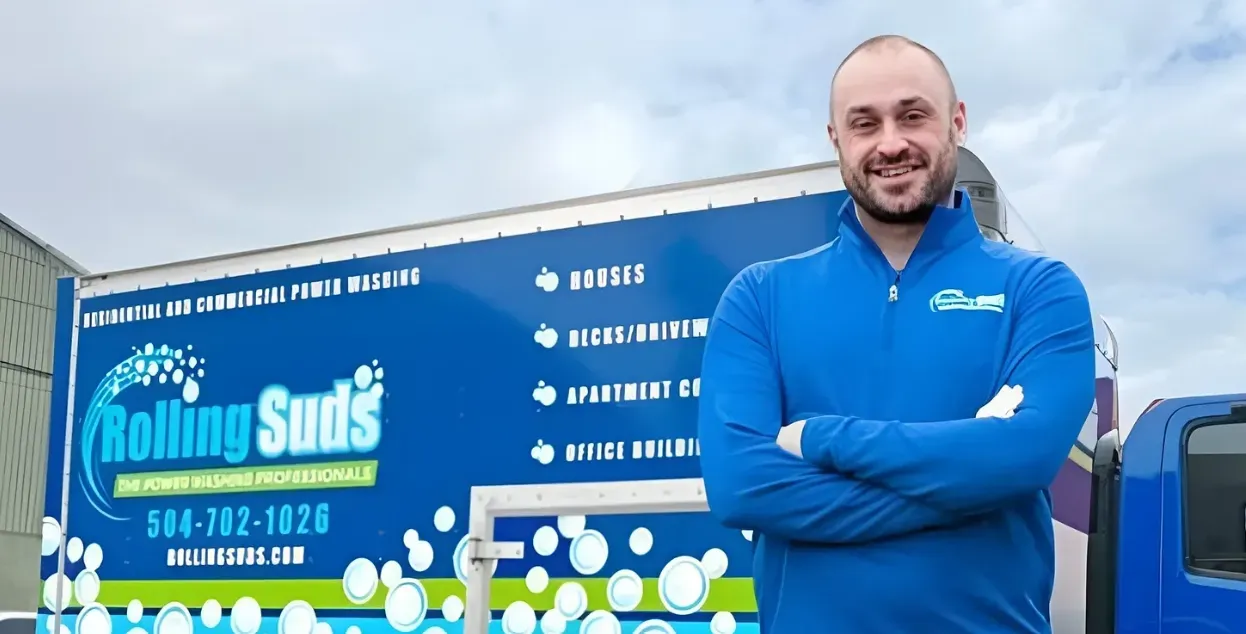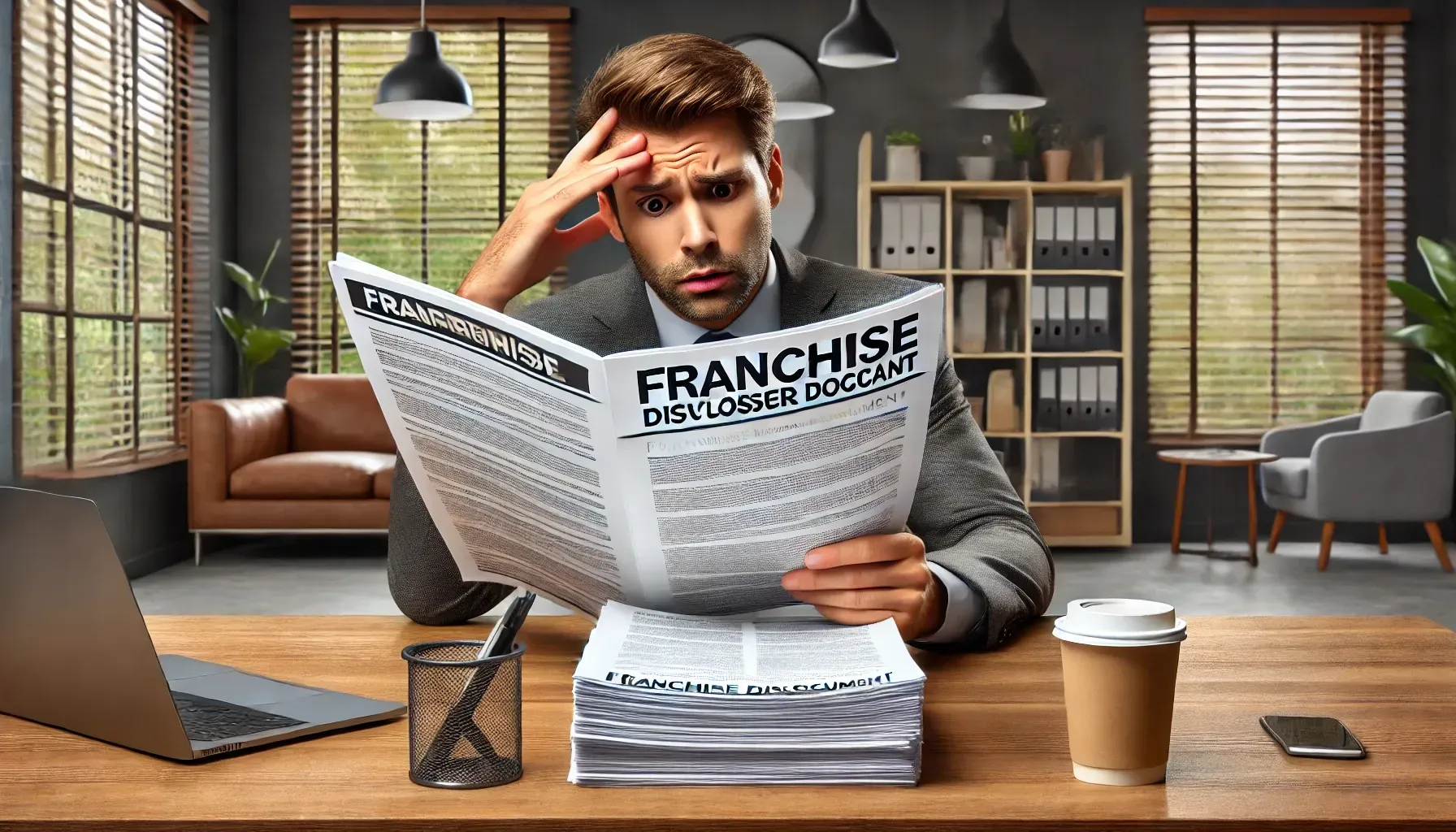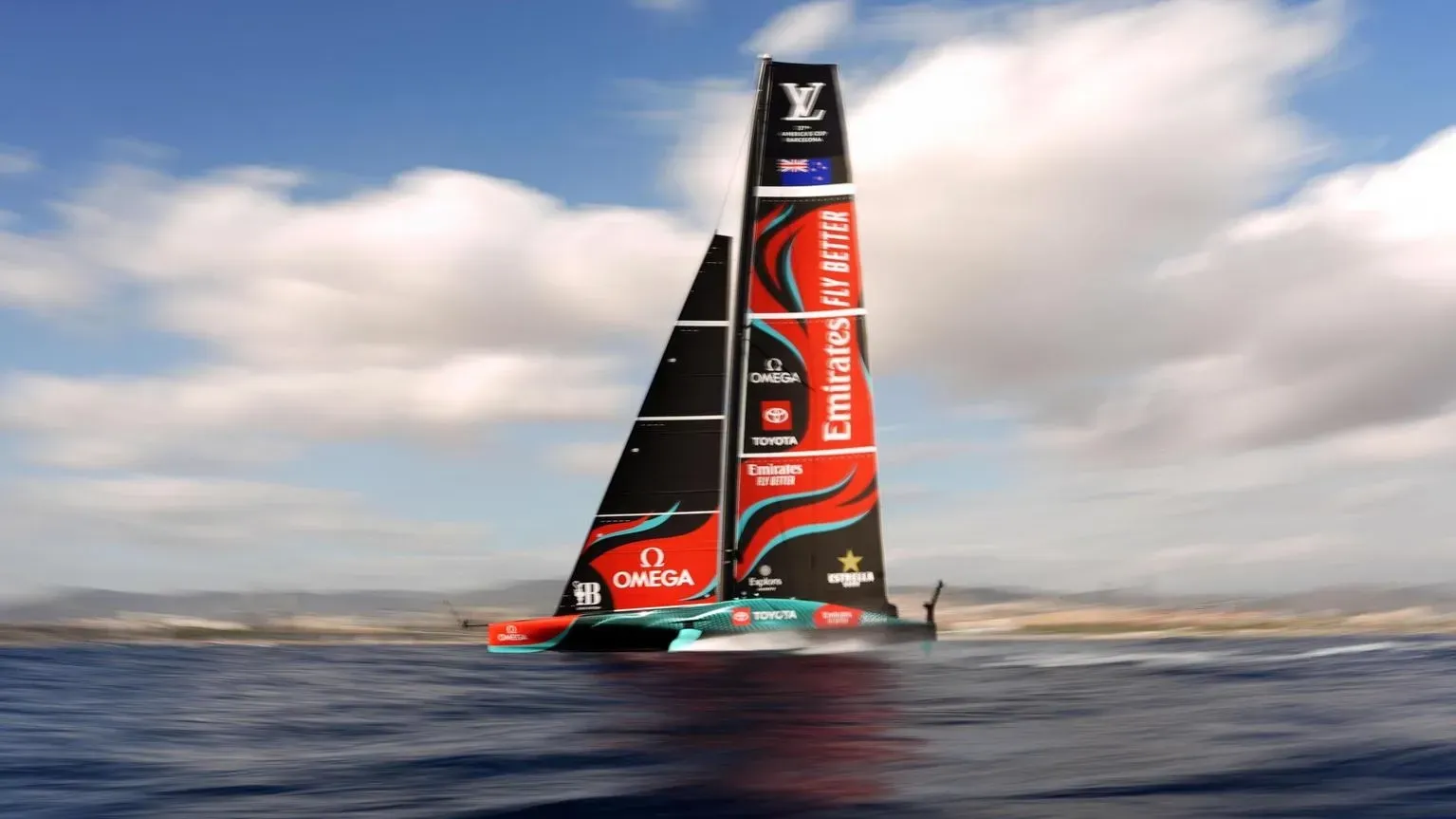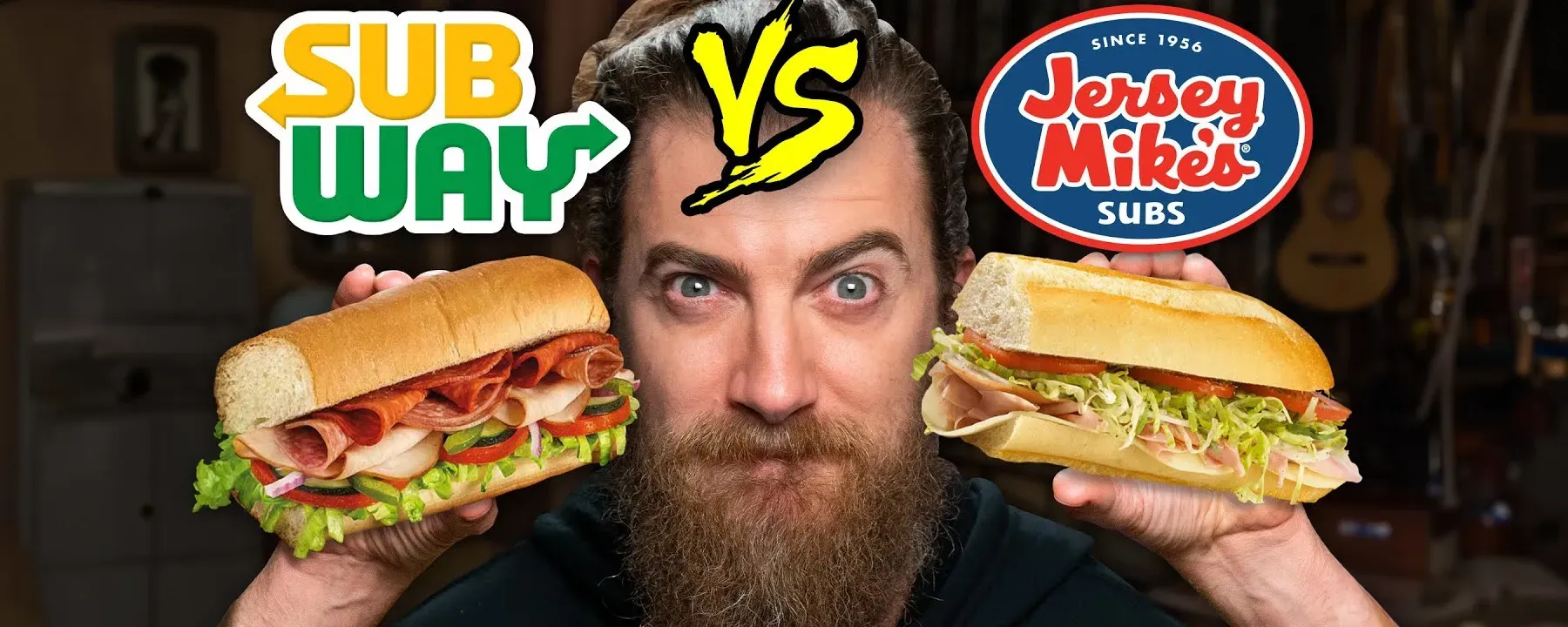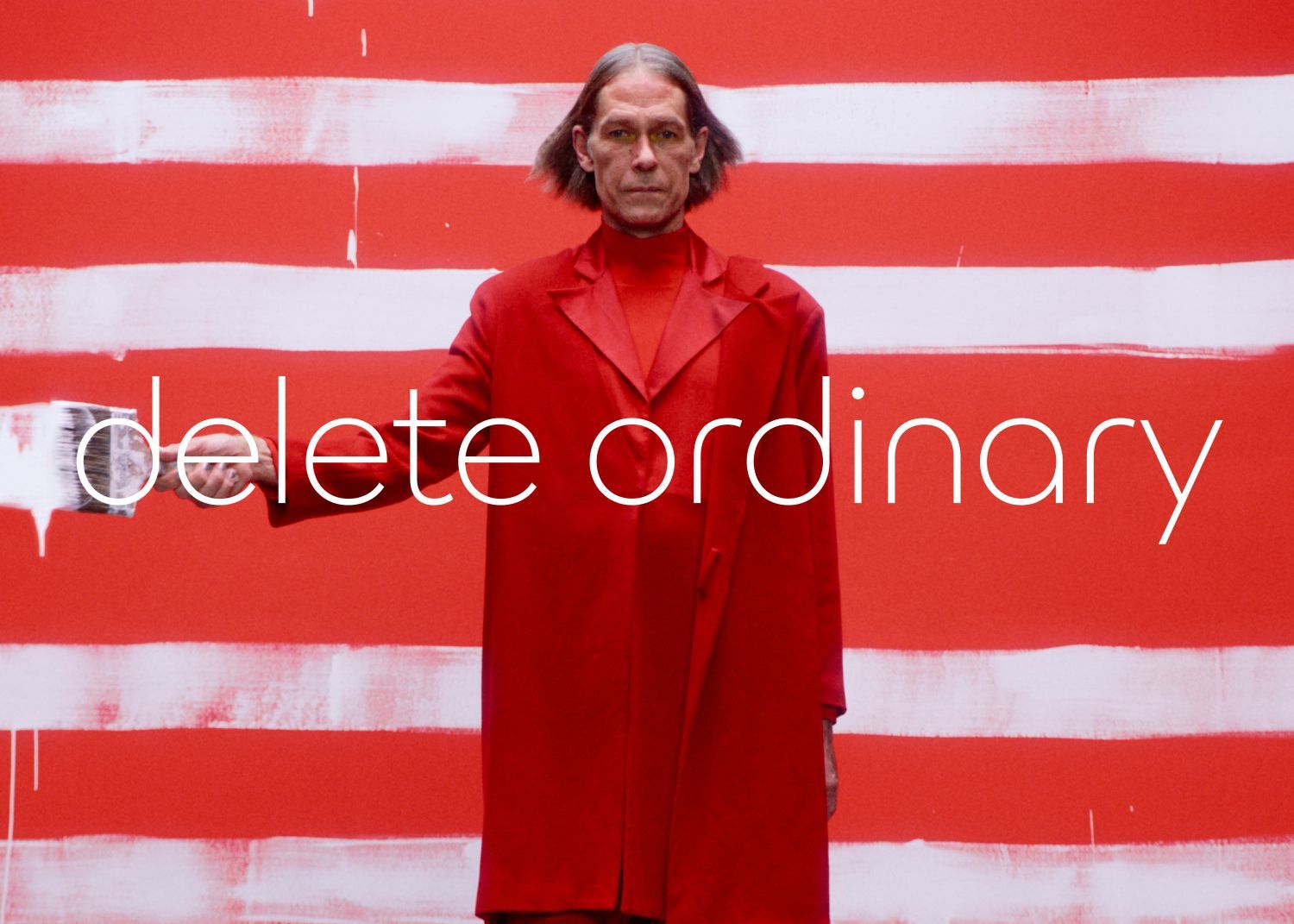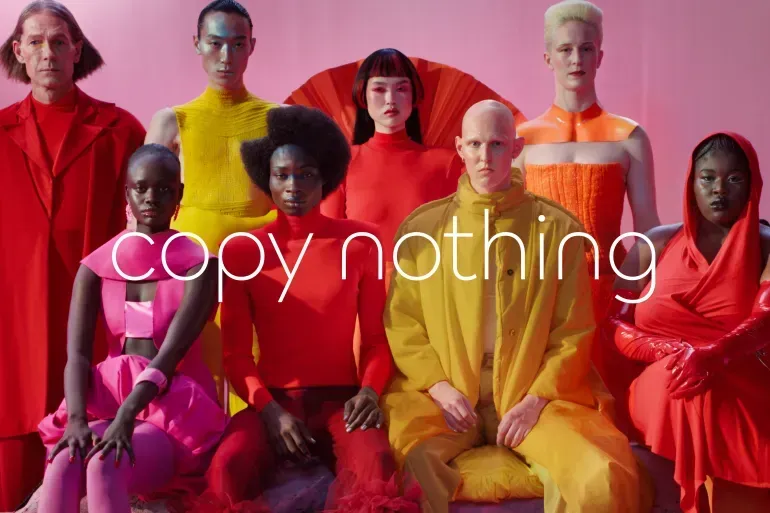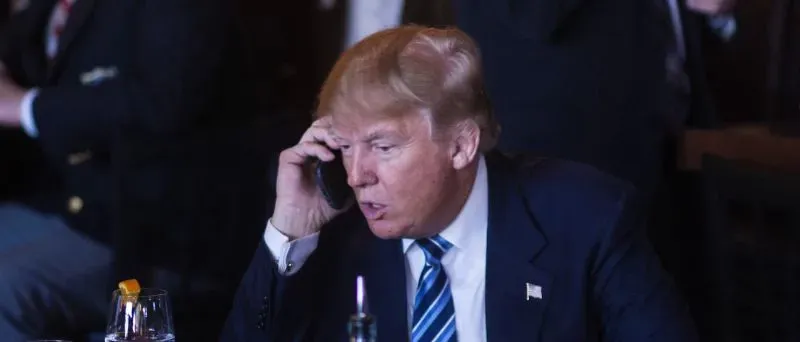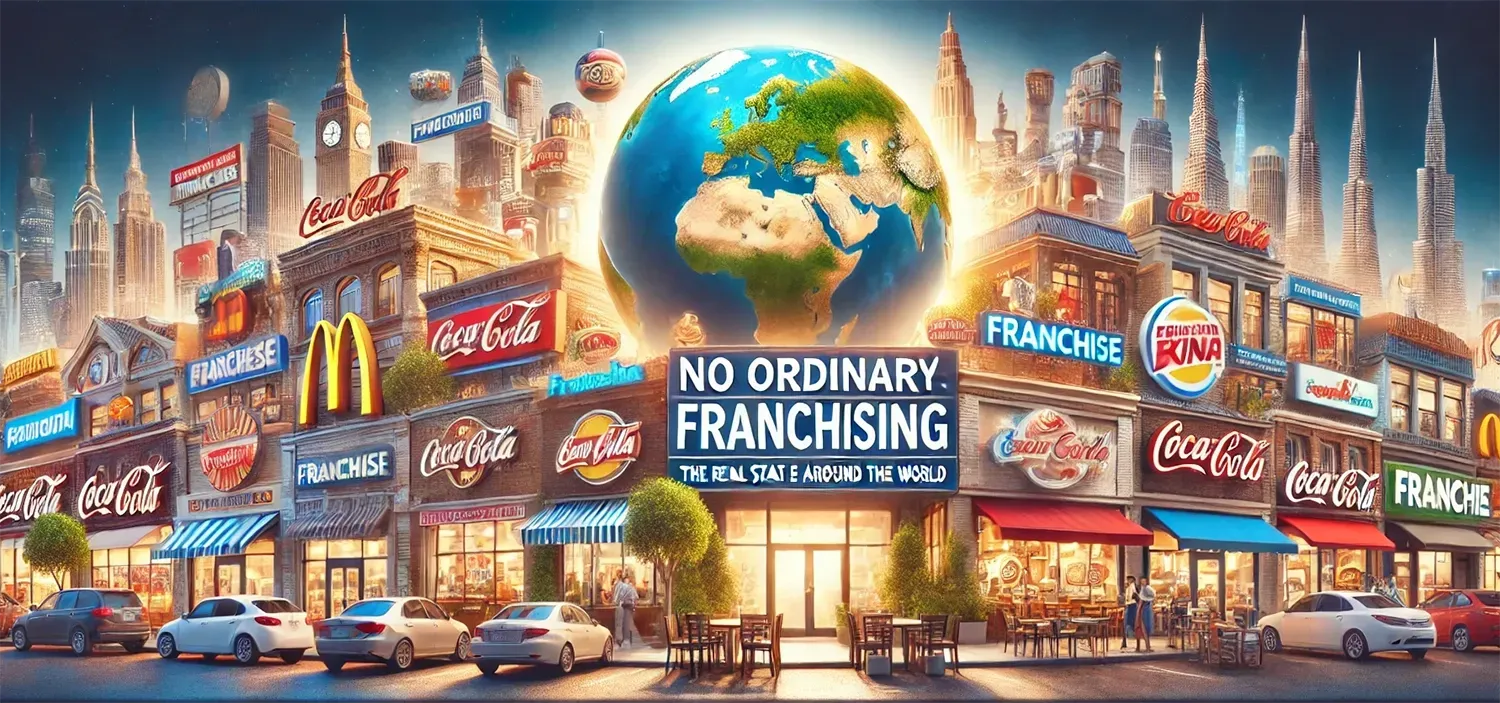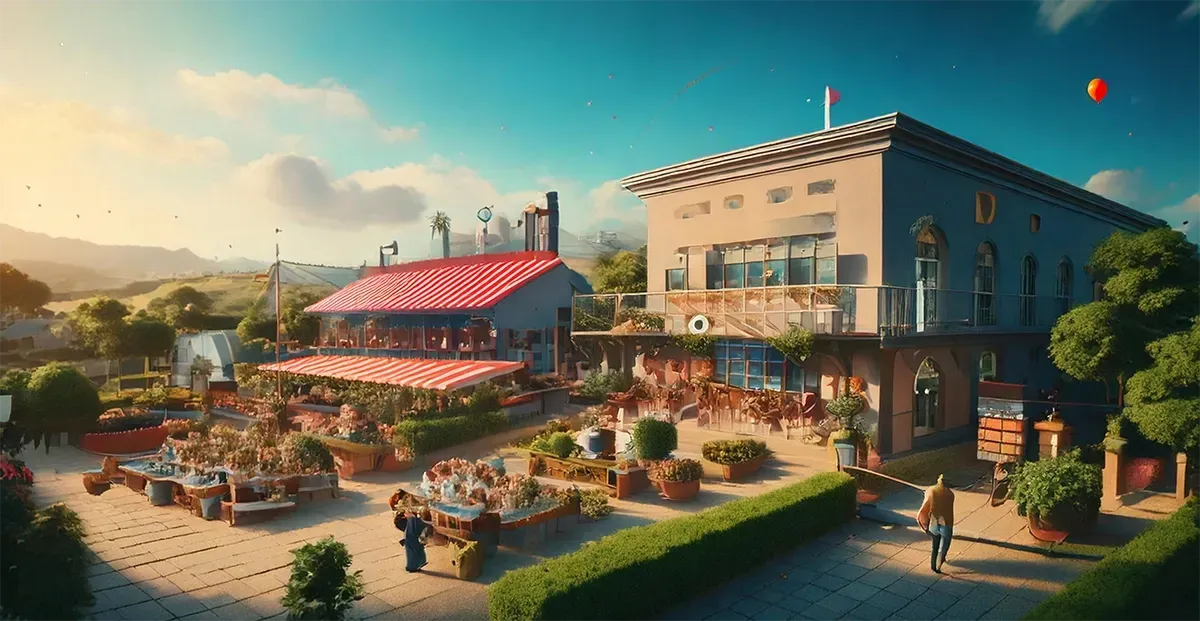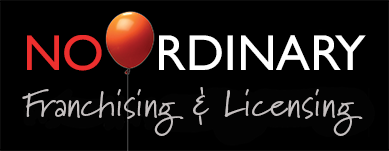Franchising 2025: What’s Next and How Leading-Edge Brands Are Paving the Way
As a franchise consultant, I’ve had the privilege of working with brands that are reshaping industries and challenging the status quo.
From the adoption of groundbreaking technologies to the reinvention of traditional franchise agreements, the past year has been a proving ground for innovation. As we step into 2025, the question isn’t just about keeping up—it’s about leading the charge.
Let’s explore what the future holds and how some of the most innovative franchises are already paving the path to success.
1. Economic Volatility and Fluctuating Consumer Confidence
What do you do when inflation is easing but consumer confidence is still fluctuating? Many franchises, both large and small, have turned to innovative promotions rather than discounts to lure customers.

McDonald's Monopoly Promotion
Since 1987, McDonald's has successfully run its Monopoly-themed promotion in various countries, including Australia, New Zealand, the UK and the USA. The promotion has become an annual event and is reported to have become the franchise's most effective sales booster.
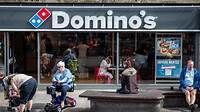
Domino's 'Emergency Pizza' Promotion
In 2023, Domino's introduced the 'Emergency Pizza' campaign, offering a one-time free pizza to members of their loyalty program. The promotion added millions of new loyalty members, reversing a sales slump with a 2.8% increase in US same-store sales by year's end.

Boost Juice's App-Based Rewards
With stores in New Zealand, Australia and 11 other countries, Boost Juice utilises a mobile app to offer rewards, birthday specials and challenges. Customers earn points for purchases which can be redeemed for free drinks, fostering customer loyalty and repeat visits.

Starbucks Seasonal Promotions
Starbucks uses limited-time seasonal beverages and merchandise to create a sense of urgency and exclusivity. Their most popular seasonal beverage is the Pumpkin Spice Latte, which they promote through a wide range of media, including SMS, micro websites and social media.
2. Increased Adoption of AI and Automation
You've no doubt seen this statement hundreds of times since artificial intelligence became 'the next big thing':

The same applies to businesses, as in: "You won't lose your business to AI. You'll lose your business to a competitor using AI."
Sorry if that sounds rough, but pretty much all of my clients and business contacts have been exploring the benefits of AI for some time now. I've used it to help me research and write this blog. Because franchising is a more complex business model than most small businesses, there is more potential for the use of AI. Here are some examples of franchises of varying sizes integrating AI and automation to enhance operations, improve customer experiences, and drive growth.

RobotLAB is the first and, so far, only robotics franchise
RobotLAB—a business that sells and integrates service robots for various industries such as education, hospitality, and restaurants—has launched a robot franchise programme, a business model that gives franchisees the power to integrate its robots into businesses across the United States. As of January 2025, RobotLAB has 30 locations across the United States and a goal of having approved FDDs in every state.
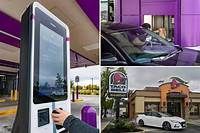
YUM! Brands expands its AI-powered customer experience
That may surprise you if you've read that McDonald’s has paused its AI-powered automated drive-thru pilot programme after customer complaints about receiving incorrect items such as an ice-cream cone with bacon. But after two years testing drive-thru Voice AI technology, YUM!, the owner of KFC and Pizza Hut, is "confident in its effectiveness in optimising operations and enhancing customer satisfaction.”

AI revolutionising care services at Radfield Home Care
This British franchise that provides live-in support, drop-ins and daycare services has developed a suite of innovative assistive technology devices such as Connected Care to help older people live more independently and safely in their own homes. They also utilise a ChatGPT API which streamlines marketing and HR functions across their 30 franchises.

Want a fresh pizza? Try Sbarro
With 800 franchises and branches across 33 countries, Sbarro is utilising AI to maintain product standards and monitor demand, supply and sales performance, a complex job for one of the world's largest pizza chains. The company said in a Wall Street Journal article that all its corporate-owned locations have been equipped but that it’s still working on helping franchisees to catch up.
3. Customised Franchising Models
The traditional one-size-fits-all model is giving way to greater customisation and hybridisation, enabling franchisors to innovate, adapt to market dynamics, and cater to franchisees’ unique needs. By offering tailored solutions, franchisors can attract diverse investors and thrive in increasingly competitive environments.

The UPS Store offers franchisor-backed financing options
This is common in franchising already but UPS has gone several steps further by offering a range of options to support qualified new and existing franchisees in establishing and expanding their businesses. These options include loans for business acquisitions, equipment purchases, and centre upgrades. The UPS Store has relationships with preferred lenders, providing franchisees with flexible financing solutions.
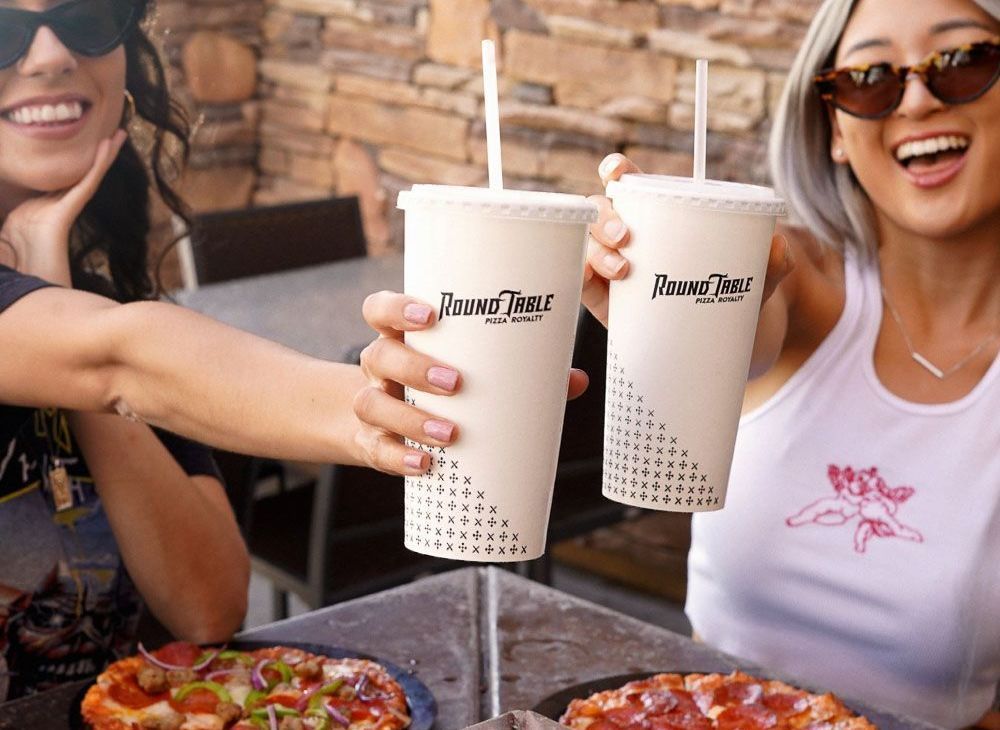
Franchisors collaborating with Franchisee Associations
If franchisors put in place a platform such as an FAC (Franchise Advisory Council) for franchisees to be heard, operate with transparency and concentrate on both top line and bottom-line profitability, it's unlikely a franchise association will form. But where these associations have been formed by franchisees, many franchisors have now realised the benefits of working with - rather than against - them.
4. Localised and Culturally Specific Models
A friend of mine who is an international business traveller always eats at McDonald's and other global food and beverage franchises because she says she can always trust them to provide the same familar fare wherever she is in the world. For the unadventurous diner, that may be partly true, but for locals, franchises such as McDonald's are smart enough to understand that they must also give locals what they are familiar with, and that means customising their offerings to suit regional preferences.
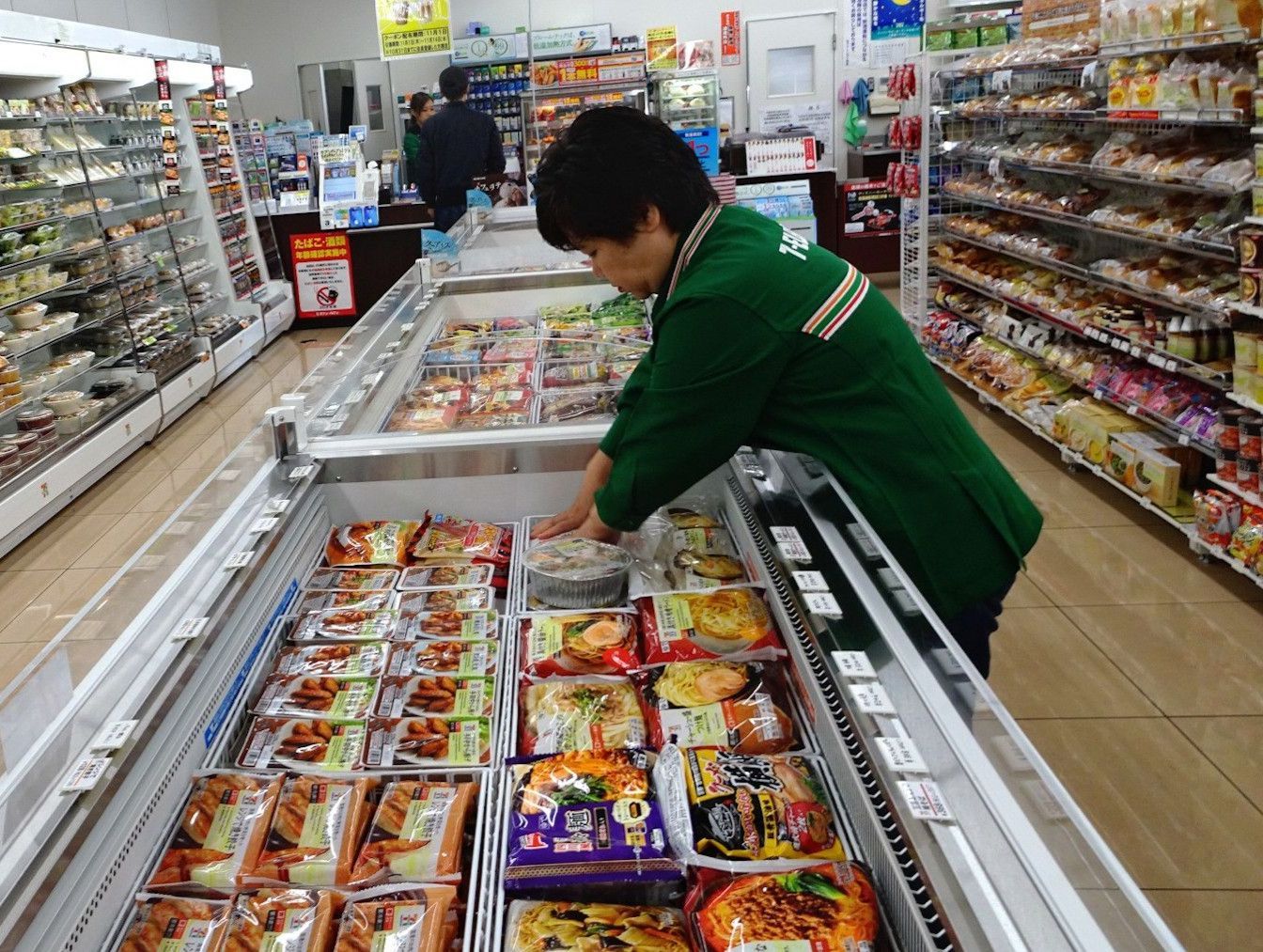
Different strokes for different folks
7-Eleven modifies its product offerings based on local consumer habits. In Japan, the convenience stores provide a wide range of ready-to-eat meals that cater to the fast-paced lifestyle of Japanese consumers. In India, 7-Eleven stores have introduced local snacks and beverages to meet regional tastes. More recently, the world's largest convenience store franchise has given store managers and franchisees more autonomy to adjust inventory based on local preferences.

Anytime Fitness: A fit for locals
As a global fitness franchise, Anytime Fitness tailors its services to meet local cultural expectations. In various countries, the franchise adapts its fitness programs and facility amenities to align with regional fitness trends and cultural norms, ensuring members feel comfortable and supported in their fitness journeys.
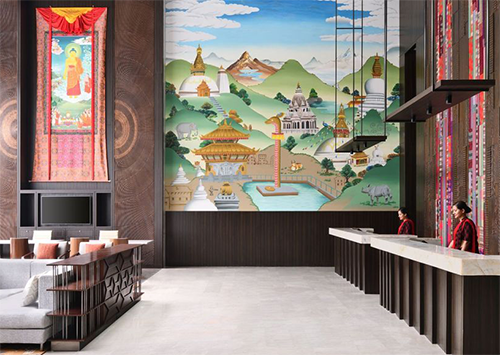
Marriott tailors its hotels to meet local cultural expectations
In the Middle East, Marriott offers gender-segregated swimming pools and dining areas to respect local customs. In Asia, Marriott incorporates Feng Shui, the ancient Chinese philosophy that involves arranging objects, buildings, and space to create harmony and balance. In Nepal, the pictured hotel invites guests to engage with the country's culture through its community ethos and sustainable practices.

Marriott tailors its hotels to meet local cultural expectations
In the Middle East, Marriott offers gender-segregated swimming pools and dining areas to respect local customs. In Asia, Marriott incorporates Feng Shui, the ancient Chinese philosophy that involves arranging objects, buildings, and space to create harmony and balance. In Nepal, the pictured hotel invites guests to engage with the country's culture through its community ethos and sustainable practices.
5. Multi-Brand and Multi-Service Offerings
To maximise revenue streams and leverage complementary business opportunities, franchisors often build multiple brands or different services under one umbrella franchise brand.
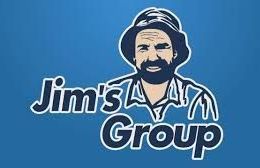
Creating more millionaires than any other franchise in Australia
That's the Jim's Group claim. Launched in 1994 by Jim Penman (that's him on the logo) in Australia, the franchise is now also in New Zealand and Canada. There are more than 5,500 franchisees providing some 50 different brands, including Jim's Mowing, Jim's Cleaning, Jim's Fencing and Jim's Dog Wash—all beginning with the Jim's name.
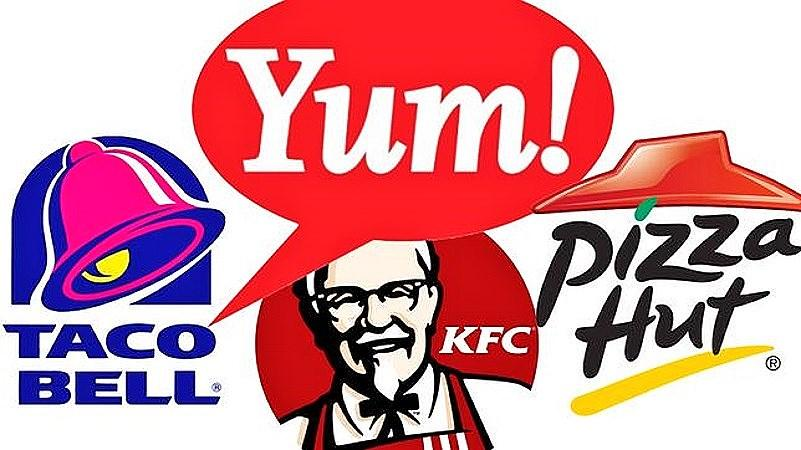
Encouraging franchisees to operate multiple brands
Yum! Brands actively seeks franchises and licence partners with prior restaurant or retail experience who aspire to be multi-unit or multi-brand operators. The company owns the KFC, Pizza Hut and Taco Bell franchise brands, and in New Zealand, licenses all three to one company, Restaurant Brands.
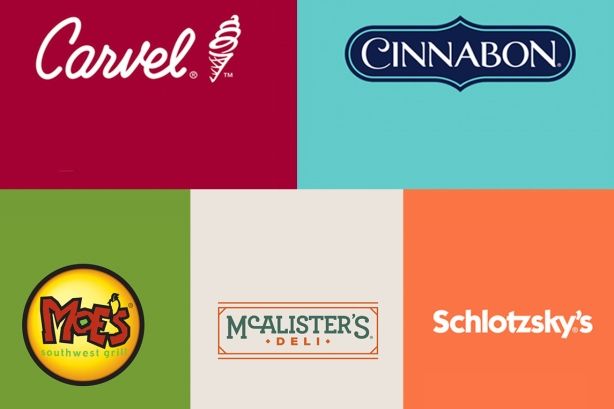
Focus Brands now known as Go To Foods
Go To Foods owns a variety of franchise brands, including Auntie Anne's, Cinnabon, Moe's Southwest Grill, and Jamba. This multi-brand approach enables franchisees to serve different customer preferences and market niches, often within the same geographic area, maximising market penetration and operational efficiency.
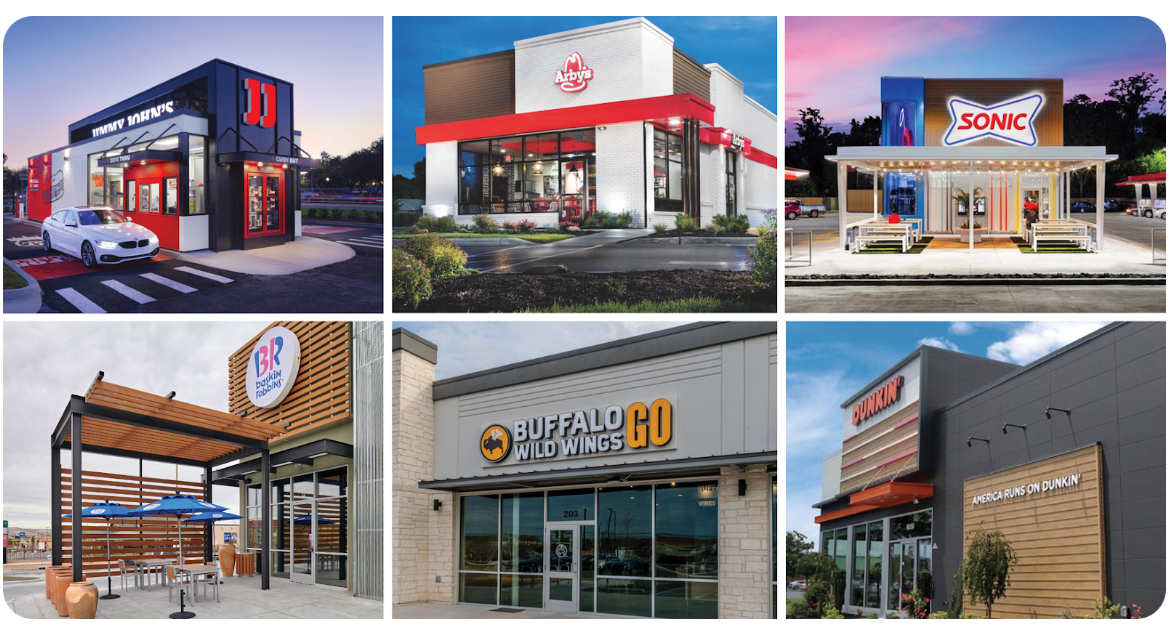
This is where it all gets confusing
Roark Capital, a private equity firm, specialises in investment in multi-brand, multi-unit franchise brands, including Go To Foods. They acquired Subway for $9.55 billion in 2024. Their strategy is to leverage operational synergies between brands, such as shared supply chains, marketing strategies and technology platforms.
For more on private equity in franchising, check out my article Private Equity in Franchising: A Match Made in Heaven or a Recipe for Disaster?

For franchising, change is here. How the industry responds will shape its future.
Will you lead the change and reap its many benefits—or sit back and watch your franchise or other business lose its competitive advantage to others?
Get on the fast-track to success. Book your free Strategy Consultation with me now.
Share on your Page:
Follow us:

